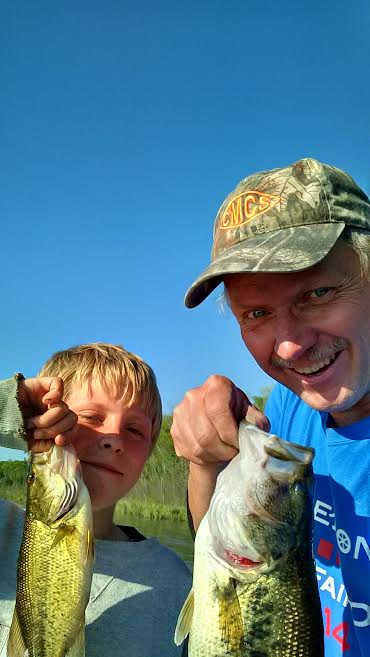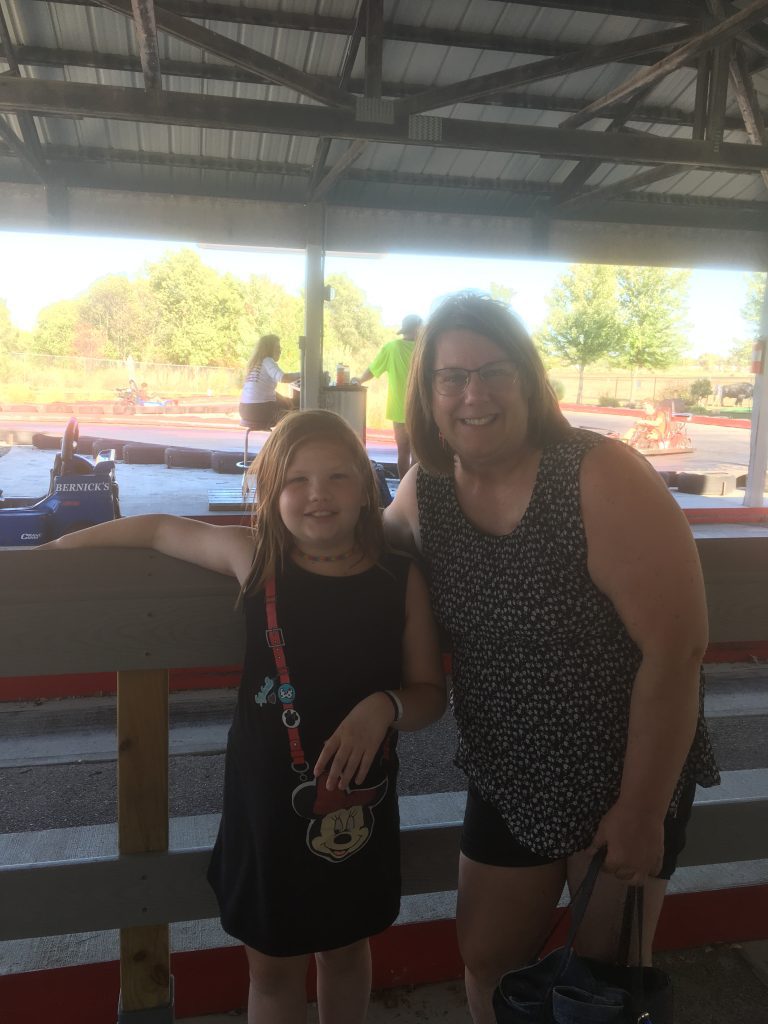FAQ & GLOSSARY
YOUR QUESTIONS, ANSWERED
Who is a Little?
The Littles who are enrolled in our programs are between the ages of 7 -17 in our Community-Based Program and 5-14 in our School-Based Program. They are youth with diverse backgrounds and experiences who live in communities throughout Stearns, Benton, Sherburne, Morrison, and the northern tier of Wright Counties. The majority of Littles face some adversity in their lives, including things like poverty, an incarcerated parent, or some form of abuse in their families. All Littles have amazing potential! Every Little and their family want the youth to be part of the program - no youth is ever forced to be a Little. Click here to see who is eligible to be a Little
Stearns, Benton, Sherburne, Morrison, and the northern tier of Wright Counties. The majority of Littles face some adversity in their lives, including things like poverty, an incarcerated parent, or some form of abuse in their families. All Littles have amazing potential! Every Little and their family want the youth to be part of the program - no youth is ever forced to be a Little. Click here to see who is eligible to be a Little
What will a Big do with my child?
A Big spends time with the Little with whom they've been matched. In our Community-Based Program, this means that the Big will pick up the Little from your home 2 to 4 times a month for a couple of hours or more at a time. In our School/ Site-Based Program, it means that they will spend about an hour together once per week at the Little’s school. Our Sports Buddies matches meet once or twice a month and participate in an athletics-related activity. In all of our programs, time spent between the Little and their Big means that they will engage in meaningful conversations in which the Big is encouraging the Little in pursuit of their goals, and sharing helpful life perspective. The Little and their Big will also engage in activities that are fun and enjoyable for both of them. Learn more about the mentoring programs we offer.
How does Big Brothers Big Sisters keep my child safe?
Safety is our primary concern and commitment. Click here to learn about safety from the start.
What is the Commitment?
When we make a match between a Big and a Little, we want it to last for as long as the relationship is beneficial for your child. We ask everyone involved to commit to at least one year, because when a mentoring relationship lasts for at least one year, it has the most positive impact on the child. On the other hand, when a mentoring relationship lasts for only a few months, it can negatively affect the child.
How will I know if the relationship between the youth and their Big is going well?
Any type of relationship requires dedication, consistency, and clear communication - and it's no different between Bigs and Littles. It can take a little bit of time for the youth and their Big to get acquainted with each other and for the relationship to feel like it's going well. Our staff will check in with you, the Little, and their Big on a regular basis and provide any needed support. It's very important that you ask the youth questions about the time they spend with their Big - what they did, how it went, what the youth liked or didn't like, how they felt about it, etc. If the youth indicates anything about the relationship that raises a concern, please share that with your Program Coordinator.
Does it cost me anything for my child to be part of the program?
There is no cost to you to enroll your child or for your child to participate in our programs. If your child participates in our Community-Based Program, we expect for your child and their Big to participate in free or low-cost activities. You will be responsible for your child’s portion of the activity. BBBS provides discounts, tickets, and free events for Bigs and Littles to participate in.
How soon will my youth get matched with a Big?
It is simple to enroll a child – but it may take time to find just the right match. Children and adults are matched by their preferences, interests, location and BBBS staff’s professional opinion. BBBS asks for the family’s patience during the waiting period.
What are the requirements for being a Little?
You can read about eligibility criteria and program options by clicking here.
Why should I enroll my child as a Little?
Youth who enroll in Big Brothers Big Sisters can benefit from having another consistent adult who can be a friend, role model, and guide who will help a Little succeed in life. Studies have shown that a youth who has a one-to-one mentor will be more likely to succeed in school, say no to drugs and alcohol, and will get along better with their families and peers. Mentoring can also help a youth improve in self-confidence, self-esteem, and competence and become contributing community members. BBBS surveys have shown that being a part of the program helps them in school, keeps them from engaging in risky behaviors and helps build trust in adults.
GLOSSARY
Big- the term we use to refer to the Mentor
Little- the term we use to refer to the Mentee/Youth
Big Couple- Two adults mentoring together; this can be two spouses, two friends, a parent and an adult child, etc.
Big Family- A Big Family is a family of any size who wants to mentor together. This may be an individual with kids or a couple with kids, but the kids are also involved to mentor the Little.
Match- This is when the Big (Big Couple or Big Family) and Little are officially paired together
Match Support- A short check-in with your Program Coordinator to see how your match is going and what activities you have done together. This is also an opportunity for your Program Coordinator to remind Bigs, Littles, and parents/guardians of BBBS policies and guidelines and answer any questions you may have. Match Support can be completed over the phone or in person. Occasionally email check-ins will be allowed. Match Support takes place monthly for the first year of the match and quarterly after the one year mark has been reached.
Program Coordinator- The Big Brothers Big Sisters' staff who supports your Match through its duration.
Enrollment Coordinator- The Big Brothers Big Sisters' staff who assists both Bigs and Littles through the enrollment process.
